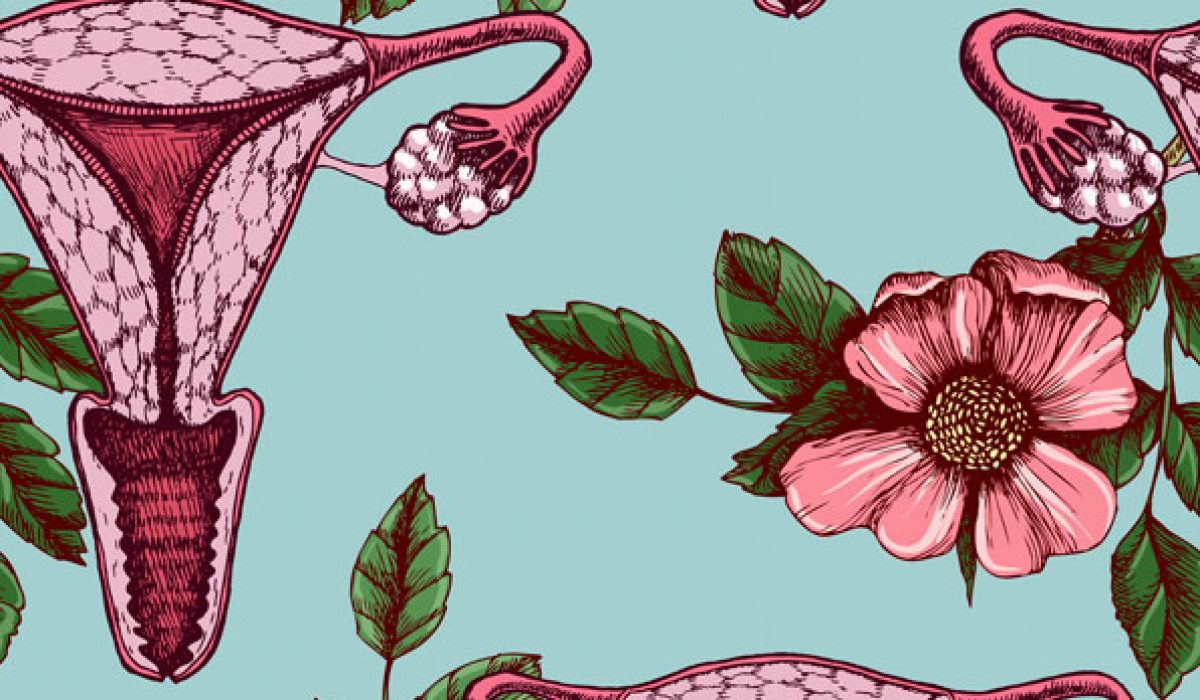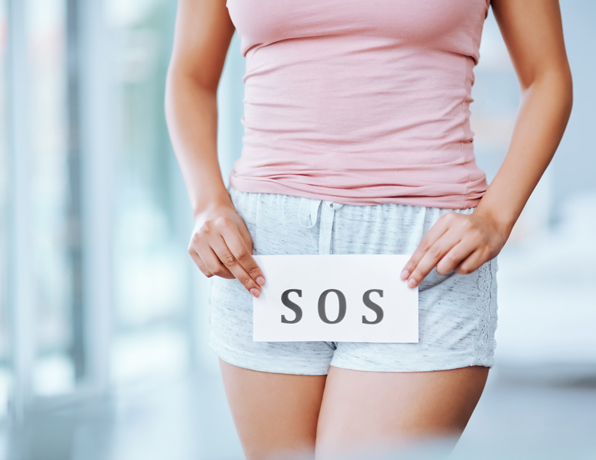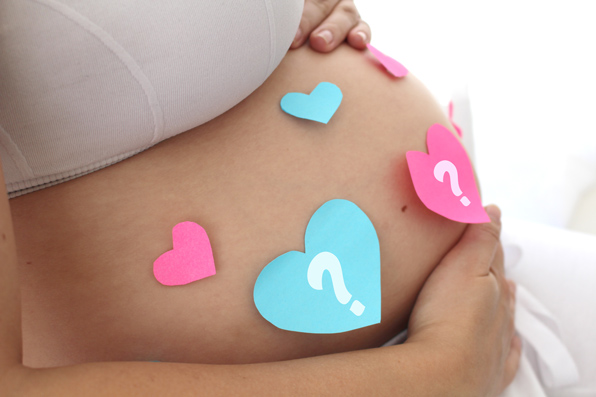“Can birth control cause infertility?”
“Can birth control harm your fertility?”
“Can hormonal contraception keep you from getting pregnant in the future?”
Here at The Gynae Centre in London we frequently see patients that have been using hormonal contraceptives for years but are ready to start a family. They often have concerns about their use of birth control and infertility. It’s no surprise that women trying to get pregnant worry about this – there are many stories floating around the internet about fertility being reduced after long-term use of contraceptives.
However, contrary to the popular myth, Dr Alex Eskander, Consultant Gynaecologist at The Gynae Centre, explains that birth control does not have any lasting effect on fertility levels. “Online articles can be misleading and can leave you feeling apprehensive when there is no need to be. Much research has been carried out into the effect of hormonal contraceptives and whether birth control can harm your fertility. The overwhelming conclusion is that it has no adverse effect on your fertility, but there are a few things that you should bear in mind.”
DID YOU KNOW?
The combined pill has many benefits but does also come with risks; it has been linked to increased risk of depression, blood clots, thrombosis and breast cancer.
Before we go into this, it’s important to understand how the menstrual cycle works, as it is this which allows a woman to conceive.
Below we have simplified the 28 day menstrual cycle. For women who have longer cycles, this may vary slightly.
Day 1: On the first day of the cycle (first day of your period), you produce Follicle Stimulating Hormone (FSH). This triggers the ovaries to start ripening an egg and producing oestrogen. The oestrogen then signals for your body to start producing Luteinizing Hormone (LH).
Day 4-7: Progesterone causes lining of your uterus to thicken in preparation for an egg to implant.
Day 14: You experience ovulation about half way through your cycle (day 14). At this time the mucus at the entrance to the womb entrance thins to allow sperm through. Simultaneously, oestrogen levels increase, leading to a spike in LH levels; this causes the egg to fully ripen and to be released from the ovaries. Sperm may fertilise the egg at this point.
Day 15-23: Progesterone kicks in, keeping the lining of the uterus prepared in case the fertilised egg implants. At this time the mucus at the entrance to the womb thickens again to prevent sperm getting through. If a fertilised egg implants in the uterus you become pregnant.
Day 24: If the egg is not fertilised or does not implant, estrogen and progesterone levels drop.
Day 28: The drop in progesterone causes the bleeding that is your period. And so the cycle continues.
Hormonal contraception works by stopping the ovulation process, which is integral to conceiving naturally. Whether you’ve been using the pill (combined or progesterone-only), the patch or the vaginal ring, they all contain synthetic hormones – estrogen and/or progesterone. These hormones work to prevent the normal hormone cycle, in turn preventing the body from ovulating.
The oestrogen prevents the body from producing FSH and Luteinising Hormone (LH) – these are the two hormones that are essential for your ovaries to produce and mature an egg. The progesterone works in two ways: it affects the mucus at the womb entrance, thickening it in order to stop the sperm from reaching the eggs, and also changes the uterus lining, making it thinner, and more difficult for an egg to implant.
How long does it take after birth control to get pregnant?
Once the body is no longer being ‘tricked’ with the hormones from the birth control the body goes back to ovulating. For most women, once they’ve ceased taking hormonal birth control, their cycles will return to normal within three months but for others it may take a little longer. If your cycle doesn’t return to normal within three months it’s advised that you book an appointment with your gynaecologist. At The Gynae Centre we offer quick access to appointments with some of London’s finest gynaecologists. And you can book online!
Research around prolonged use of oral contraceptives (the pill and mini pill) has shown that when compared to barrier contraceptives (condoms), fertility is temporarily reduced during the first few months following discontinuation. This means some women may experience a temporary delay in getting pregnant, but that fertility should return to normal. Unexpectedly, that same study also found that long-term use of an oral contraceptive was associated with a higher likelihood of pregnancy, compared with oral contraceptive use for less than two years.
Dr Eskander comments: “With many women choosing to delay pregnancy until later in life it’s important to bear in mind the effect that age will have on fertility. Although hormonal contraceptives don’t have any lasting effect on fertility, other factors do. We know that women have a finite number of eggs and that the number and quality of these diminish with age. Therefore, if you stop using contraception at 30 you have a much higher chance of conceiving than if you stop at 35. There is also the risk that an underlying fertility issue may impact the likelihood of conceiving. If you know you want to start a family in the future, perhaps one of the best things you can do is get a fertility check so you have an idea of your fertility potential and of any problems that may prevent you from getting pregnant.”
If your period has not returned to normal after stopping contraception, or if you’ve been trying to get pregnant for 12 months without success, it’s time to seek advice from a specialist. You can book an appointment with any of our gynaecologists by calling our admin team on 020 7580 8090 or you can book online. When it comes to fertility problems we work alongside our sister clinic, The Fertility & Gynaecology Academy to provide effective treatment.






